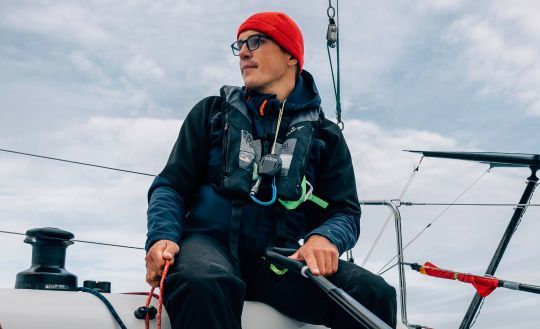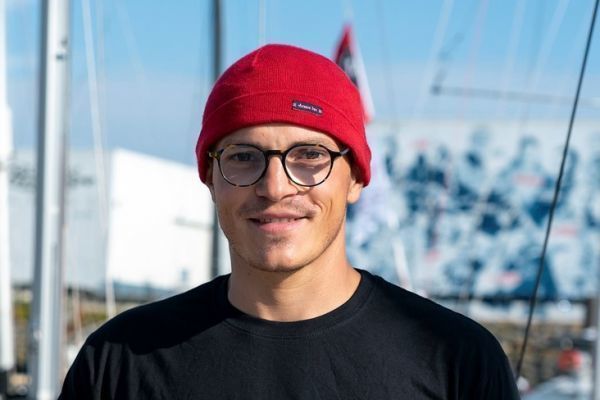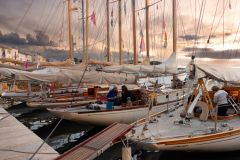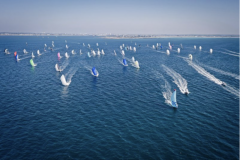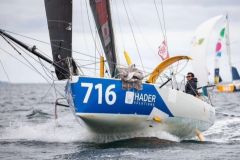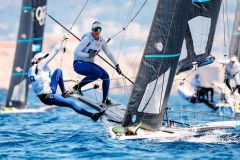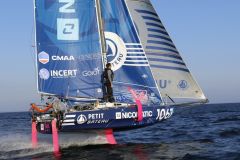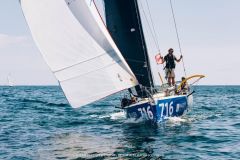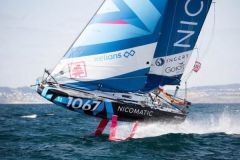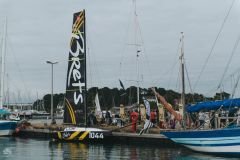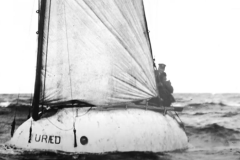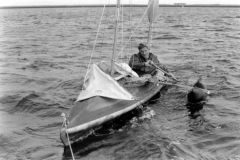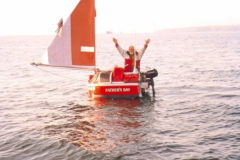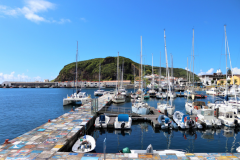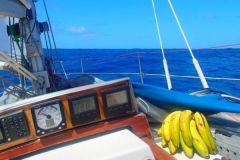With just a few days to go before the start of the Mini Transat 2023, the president of the Mini class shares his vision of the forces at play.
Jean, can you give us a pre-start panorama of the race?
The 90 competitors, including 14 women, are in the starting blocks in Les Sables d'Olonne. All safety checks and briefings have been completed. The runners' medical checks are also up to date. All's well on that front.
The riders are beginning to enter their bubble. At least, those who are ready and have had time to fine-tune their preparation. There's always a certain number of Ministes who'll be working right up to the day before the start. And then there are the pre-start festivities, which are inherent to the Mini class.
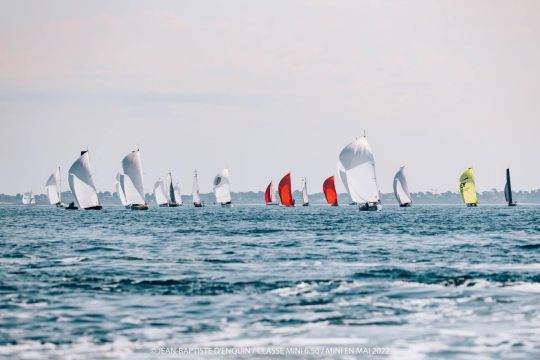
And what about the organizational side of things?
Most of the work has already been done. The death of Marc Chopin in December 2022, who was the organizer of the Mini Transat, hit us hard. The man was a key element, and a huge amount of work had to be done to take over from him. His replacement, Emmanuel Versace, took over the helm under complex circumstances. But a huge amount of work was put in by the whole team to ensure that the skippers had a great event.
How did you manage the waiting list for this edition?
The Mini class is clearly a victim of its own success. Of course, the waiting list was frustrating. We're still on the same ratio as previous editions. Roughly speaking, each class - proto, series and complementary on the general list - represents a third of participants.
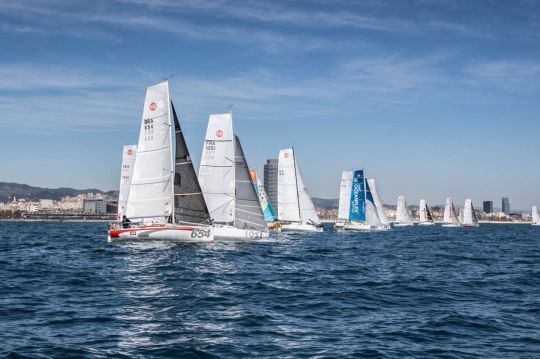
The aim is to be fair, and to protect the categories that are in a delicate situation. We're taking steps to protect the prototypes, and we're also creating air gaps. The "series" category is really homogeneous and has a great level.
After July 31 and the last qualifying race, we knew that no other proto could claim a place. The first criterion remains the number of miles raced.
How's the Mini class doing?
The success of the class is stabilizing a little compared to the post-covid years, which were really busy. We have just under 300 member boats sailing all year round. Saturation remains at its peak, and it's still complicated to qualify. Race places are necessarily limited, so the less motivated withdraw.
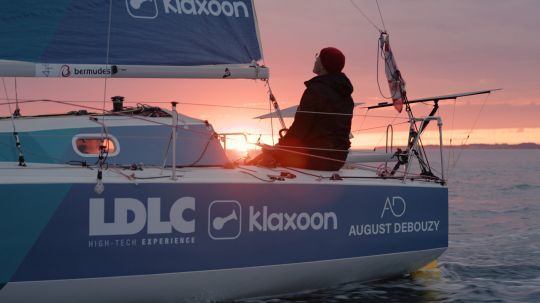
This saturation especially frustrates the riders. We set up preference forms at the beginning of the year, to try to satisfy as many people as possible. Numerous poles have been created to help the Ministes train and structure themselves, which also means that there is less and less breakage on the races.
As for the rest, we've got one project after another, especially on the Mini's ecological side, and we've got a great team at the office to get things moving.
There have been recent cases of cheating in the Figaro class. How do you manage this risk in the Mini class?
The spirit is really different. Of course, the Ministes are competitors, but fortunately, there have been no cases as flagrant as on the Figaro Paprec. We have measurers who check the boats throughout the year. But then again, the Mini spirit is very different from what you see in other classes.
And where do you stand with your racing plans?
I still have a Mini and I've done a bit of racing this year. I'm currently preparing to qualify for the Jacques Vabre on Alberto Riva's Class 40, which I met on the Mini circuit. The boat has just been launched in Italy and we're going to bring it back to Lorient to fine-tune our preparation. We've still got a lot of work to do, but just like in Mini, I'm making the most of the moment and not giving up.
